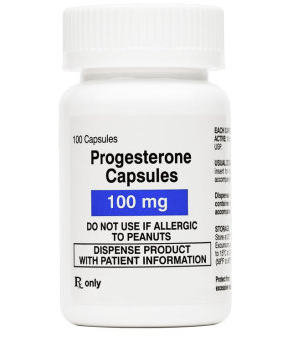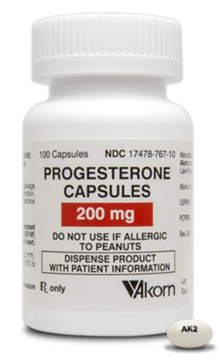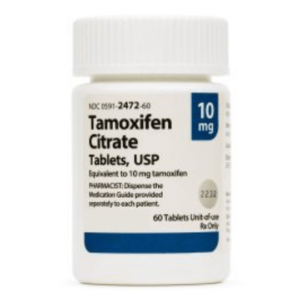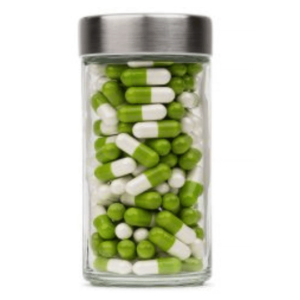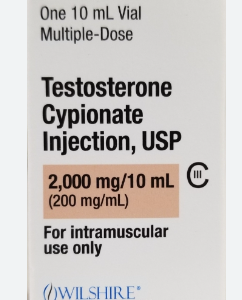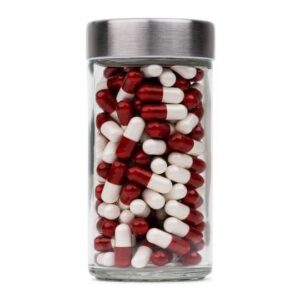Progesterone
Dosages
Progesterone
Dosages: 100mg and 200mg
Mechanisms of Action
Endogenous progesterone is responsible for inducing secretory activity in the endometrium of the estrogen-primed uterus in preparation for the implantation of a fertilized egg and for the maintenance of pregnancy. It is secreted from the corpus luteum in response to luteinizing hormone. The hormone increases basal body temperature, causes histologic changes in vaginal tissues, inhibits uterine contractions, inhibits pituitary secretion, stimulates mammary alveolar gland tissues, and precipitates withdrawal bleeding in the presence of estrogen. The administration of progesterone to women with adequate estrogen production transforms the uterus from a proliferative to a secretory phase.
Contraindications & Precautions
Do not take this medicine if you have breast cancer, cardiac disease or dementia. Your health care provider needs to know if you have any of these conditions: autoimmune disease like systemic lupus erythematosus (SLE); blood vessel disease, blood clotting disorder, or suffered a stroke; breast, cervical or vaginal cancer; dementia; diabetes; kidney or liver disease; heart disease, high blood pressure or recent heart attack; high blood lipids or cholesterol; hysterectomy; tobacco smoker; vaginal bleeding; an unusual or allergic reaction to progesterone or other products; pregnant or trying to get pregnant; breast-feeding. This medicine can cause swelling, tenderness, or bleeding of the gums. Do not drive, use machinery, or do anything that needs mental alertness until you know how this drug affects you. This list may not include all possible contraindications.
Interactions
Please discuss with your healthcare provider.
Adverse Reactions
The most common adverse reactions occurring during therapy with progesterone include menstrual irregularity, menstrual flow changes, and dysmenorrhea or amenorrhea. These effects may be indistinguishable from pregnancy. Progesterone also causes spotting, breakthrough bleeding, weight gain, nausea, vomiting, breast tenderness or mastalgia, and mild headache. These adverse effects occur less frequently with progestin-only OCs compared to combination OCs. Other reported adverse reactions during therapy include melasma, chloasma, libido decrease, libido increase, breast discharge, cervicitis, galactorrhea, hirsutism, leukorrhea, unusual weakness, and vaginitis.
Post-marketing experiences with oral progesterone include endometrial carcinoma, hypospadia, intra-uterine death, menorrhagia, menstrual disorder, metorrhagia, ovarian cyst, and spontaneous fetal abortion. Additional adverse reactions associated with the intravaginal gel include breast enlargement, dyspareunia, nocturia, perineal pain, dysmenorrhea, premenstrual tension, vaginal dryness, and vaginal discharge. Adverse reactions associated with vaginal inserts include vaginal irritation, vaginal itching, vaginal burning, and vaginal pain/discomfort.
Storage
Store this medication at 68°F to 77°F (20°C to 25°C) and away from heat, moisture and light. Keep all medicine out of the reach of children. Throw away any unused medicine after the beyond use date. Do not flush unused medications or pour down a sink or drain.

